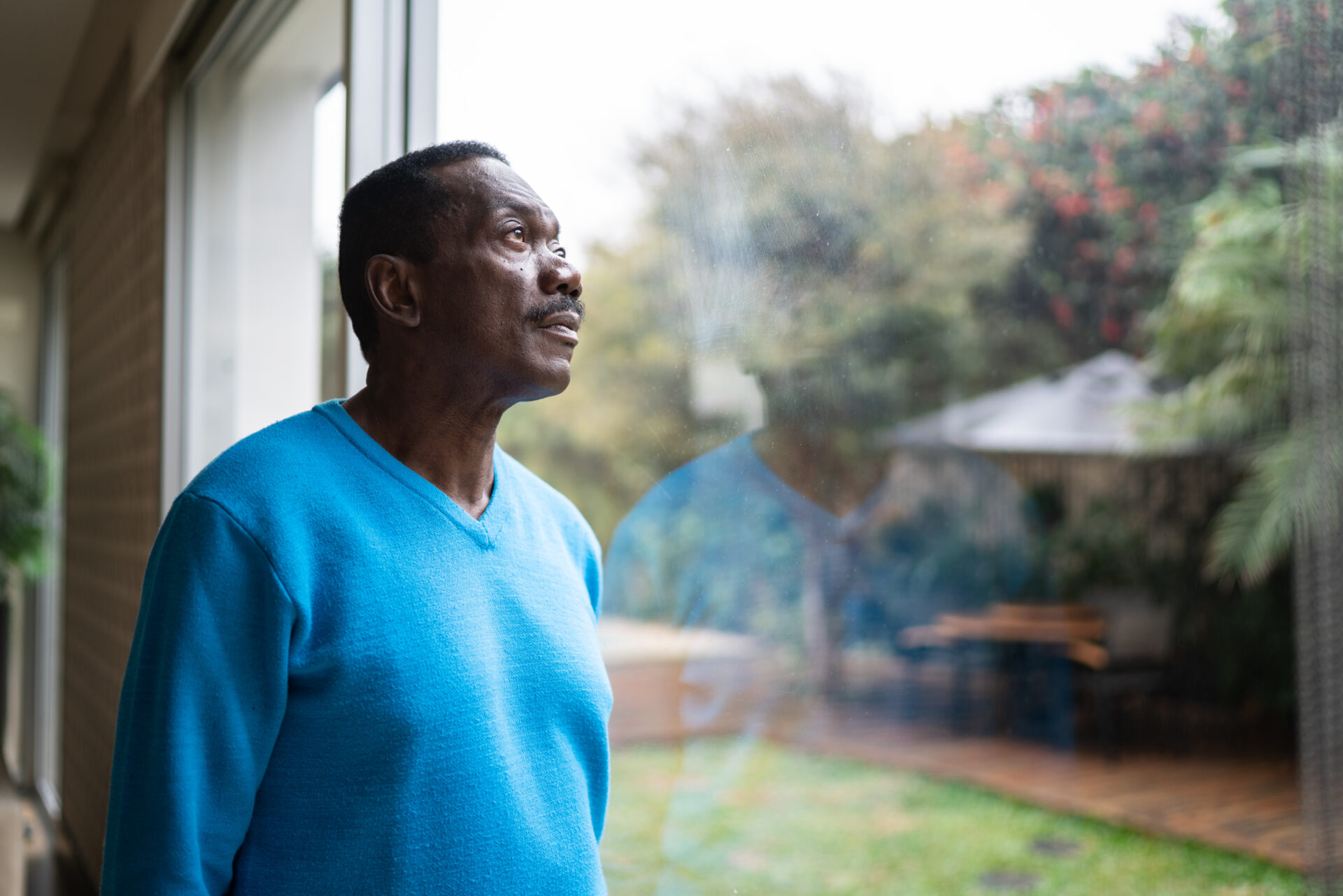
The Best Treatment for Co-Occurring Disorders
If you or a loved one has experienced a traumatic event and has turned to drugs and alcohol to manage the distress, it’s time to get help. Here’s what you need to know about dual diagnosis for PTSD and substance use disorder and what you can expect from treatment.
What is dual diagnosis?
A dual diagnosis is when an individual has two simultaneously occurring mental health disorders. Most commonly, one of the two disorders is a substance use disorder. This can also be called comorbidity or co-occurring disorders. The separate disorders tend to exacerbate the other.
While it’s usually difficult to tell which comes first, it tends to be the case that the onset of one contributes to the onset of the other. In the case of PTSD, the origin is usually a single or repeated traceable trauma, whereas risk factors for addiction may have been accumulating for years.
Is a dual diagnosis of PTSD and substance use disorder common?
Sadly, the rates of comorbid PTSD and substance use disorders are high. According to a study by the Journal of Anxiety Disorders, 46.4 percent of individuals with PTSD also met the diagnostic criteria for a substance use disorder.
Dual diagnosis is prevalent, but not untreatable. In fact, the high percentage of those who struggle with both conditions means that treatment for the two disorders at the same time is more widely accessible than you might think.
PTSD
Post-traumatic stress disorder occurs when a person struggles to move forward after a terrifying or threatening event. The symptoms can manifest as intrusive memories, avoidance behaviors, negative changes in thinking and mood and hyperarousal.
According to Mayo Clinic, PTSD is known to increase a person’s risk of issues with drug or alcohol use. The American Addiction Centers states that attempting to self-medicate is one of the primary reasons these diagnoses overlap so often.
Alcohol and drug use often develops as an avoidance behavior, helping a person to temporarily numb thoughts about the trauma. It can perpetuate cycles of negative emotions, too, as guilt builds and substance use contributes to a depressed mood.
Substance use disorder
Substance use disorders occur when an individual is unable to regulate the amount of drugs or alcohol he or she consumes and continues to seek out substances despite interferences in daily functioning.
Substance use disorders and PTSD have similar underlying risk factors, or factors that make the onset of these conditions more likely. Common risk factors include—poor social support, differences in temperament (neuroticism, emotional reactivity), environmental factors (like neighborhood and socioeconomic status) and genetic predispositions.
What are overlapping symptoms of PTSD and substance use disorder?
PTSD and addiction not only share similar origins, once they appear they tend to manifest as similar behaviors. Here are some symptoms that these two disorders share.
- Emotional distress
- Feelings of guilt
- Feeling out of control
- Self-isolation
- Difficulty feeling enjoyment
- Seeking emotional numbness
- Sudden changes in behavior
- Depressed mood
- Negative self-perception
- Hopelessness
- Erratic behavior
- Self-destructive behavior
- Suicidal thoughts
If someone you love is in danger of harming himself or another person, or has overdosed, call for emergency help. Professional treatment is the best way to prevent it from ever going that far.
What dual diagnosis treatments are available?
Dual diagnosis treatments are growing in popularity as science continues to unveil the complex ways that mental health disorders are intertwined. Here are the most frequently recommended interventions for PTSD and substance use.
Therapy: talk therapy is usually the first line of defense for treating both PTSD and addiction. In therapy you’ll be guided through exercises and conversations to help you process trauma, the root of an addiction, barriers to recovery, possible solutions and how to achieve them.
Medication: there are a variety of medications available to help you manage symptoms of withdrawal and PTSD. Whether you start your care in a detox center or in outpatient treatment, you’ll have the medical intervention you deserve when you get connected to professional services.
Lifestyle changes: healing from trauma and addiction requires various adaptations to your lifestyle so you can refrain from succumbing to triggers. Early on you’ll learn to avoid triggers as you build skills to face them head-on.
Collaboration of a treatment team: recovering from two conditions at once means you’ll need double the support. Your treatment team is likely to consist of a psychologist or counselor, doctor, psychiatrist, social worker, nurse and/or an advocate.
PTSD treatments for dual diagnosis may sound like a niche category of care, but the reality is that many people have suffered from the same conditions and made full recoveries. Treatment centers are increasing their focus on trauma-informed and holistic care, and the benefits are at your disposal.
Get connected to the help you’ve been searching for with Bluff Augusta. Take advantage of dual diagnosis treatment programming for PTSD by getting connected today.








